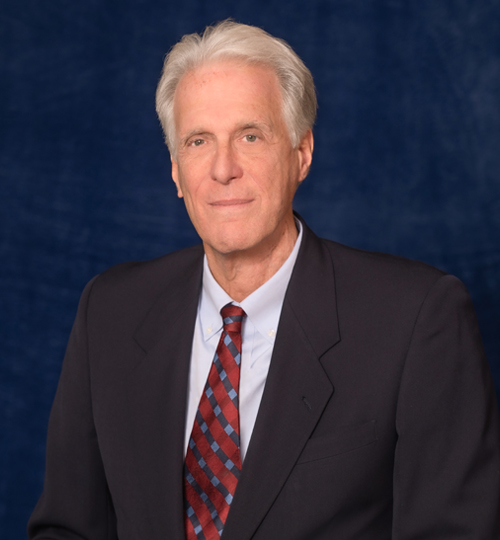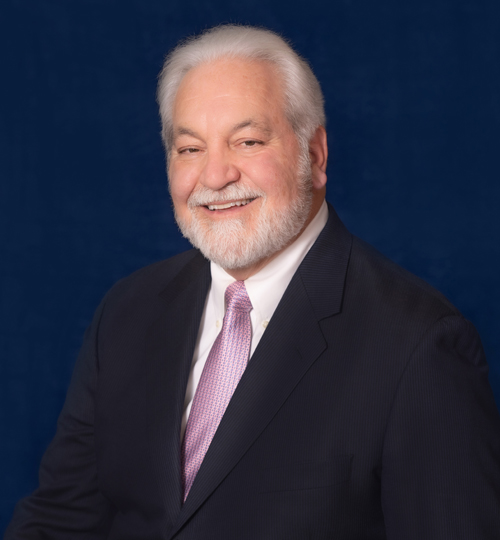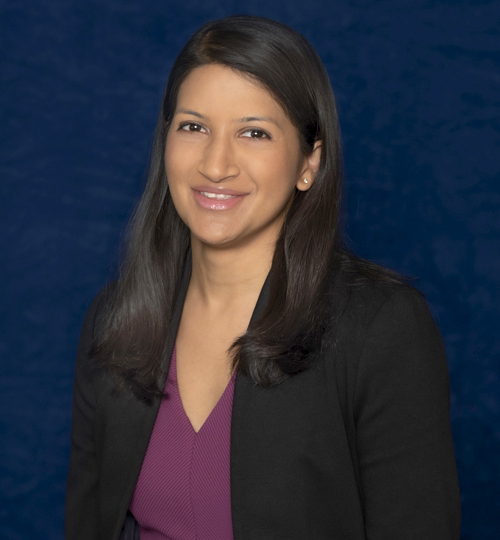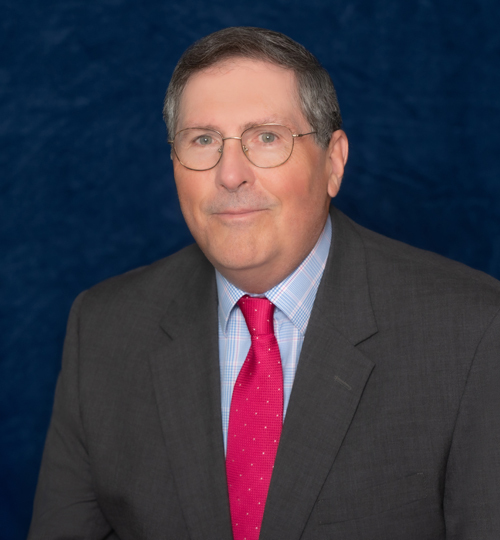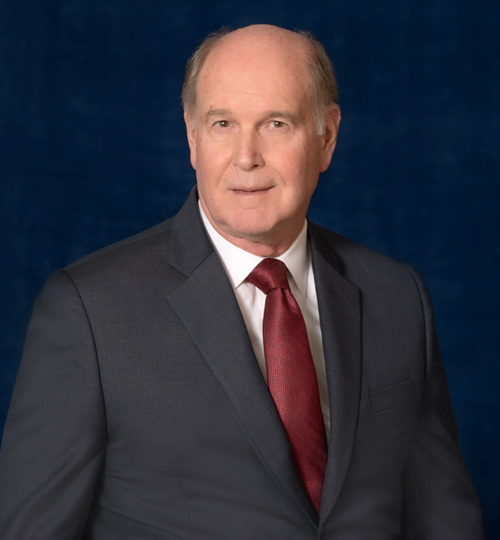PHARMACEUTICAL PAY FOR DELAY OF GENERIC DRUGS
Most pay for delay contracts are between makers of brand name drugs and manufacturers of generic forms of those drugs. In exchange for compensation by the brand name manufacturer (the patent holder), the generic drug maker agrees to delay release of the generic drug for sale.
A pay for delay agreement may also:
- form part of the settlement terms of a patent dispute claim, or
- include a promise by the generic drug maker to refrain from challenging the validity of the brand name manufacturer’s patent during the term of the agreement.
Pay for delay agreements are intended to maintain market shares for brand name drugs by delaying competition from generic makers that sell “bio-equivalent” drugs at lower prices. Because of the delay in generic competition, consumers who use these medications are forced to continue purchasing the more expensive brand name drugs.
Kohn Swift’s antitrust lawyers represent consumers and businesses injured by illegal pay for delay agreements.
PAY FOR DELAY LAWSUITS
Pay for delay agreements can violate antitrust laws. The illegality of a pay for delay contract depends in part upon the patent held by the brand name manufacturer.
A patent gives a manufacturer the exclusive right to make or sell the patented product. This right forecloses others from competing for the product’s market, but is generally allowed as an exception to antitrust prohibitions. Pay for delay contracts may be considered legal exercises of this exclusivity right.
A patent holder’s exclusivity rights are not unlimited. If the anti-competitive effects of a pay for delay contract fall outside the exclusivity rights granted by the patent, the contract may constitute an antitrust violation.
The Sherman Act allows those injured by illegal pay for delay contracts to recover reasonable attorneys’ fees and treble damages. Treble damages are equal to three times the actual losses sustained by a claimant. In some cases, claimants may also obtain injunctions preventing patent holders from additional antitrust violations associated with pay for delay contracts.
BEST LAWYERS HAS NAMED KOHN, SWIFT & GRAF AS A 2023 “BEST LAW FIRM”
Kohn, Swift & Graf, P.C. has achieved a Tier 1 ranking in Philadelphia in the area of antitrust law.
“The U.S. News – Best Lawyers® “Best Law Firms” rankings are based on a rigorous evaluation process that includes the collection of client and lawyer evaluations, peer review from leading attorneys, and review of additional information provided by law firms as part of the formal submission process. Firms who have at least one lawyer who has been recognized in the previous edition of Best Lawyers in a practice area and metro area currently ranked by “Best Law Firms” are eligible to receive a ranking.”
Joseph C. Kohn, William E. Hoese, Robert J. LaRocca, and Douglas A. Abrahams were selected for inclusion in Best Lawyers© in the area of antitrust litigation in 2021.
Zahra R. Dean was selected for inclusion in Best Lawyers© “Ones to Watch” in the area of mass torts litigation/class actions in 2021.
